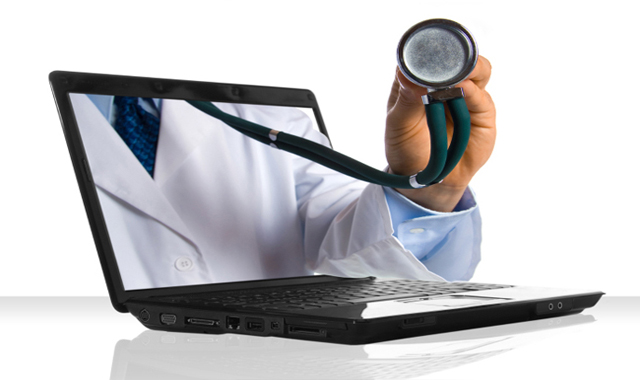A successful journey to meaningful use (and EHR adoption more generally) has much to do with how change is managed. Typically, the greatest meaningful use challenges involve getting clinician buy-in and adjusting clinical workflows. This is where change management tends to make the most difference.
However, according to Bambi McQuade-Jones, DNP, a doctorally-prepared nurse practitioner and founder of the Boone County Community Clinic in Lebanon, Ind., the toughest challenge in achieving meaningful use came down to putting the right personnel in place.
“We had to adapt our organization,” she says. “That’s probably the key for a lot of people. They want to keep the same players in place and just try to get them to change, and that doesn’t always work.”
The head of the nurse-led primary care community center in rural Indiana discovered that the requirements for the EHR Incentive Programs required a certain level of medical expertise that could not be afforded to go overlooked.
McQuade-Jones made the realization when the Boone County Community Clinic began its journey to meaningful use, which started with the search for a certified EHR system to replace its current one that was not “robust” enough to provide detailed reporting and other outputs. Working with its regional extension center (REC), Purdue REC, the clinic eventually whittled their search down to three solutions and finally chose the one that best suited its practitioners.
That’s when McQuade-Jones noticed something peculiar about the newly-implemented EHR system:
The implementation of this EMR that allowed me to meet the meaningful use criteria had some idiosyncrasies that required a higher level of functioning from all the medical staff to input the data and navigate through that EHR. I found that instead of having medical assistants I had to go to LPNs so that their scope and understanding of why they picked those codes and why that was so instrumental in how we tracked outcomes for patients. That level of expertise had to be stepped up. That was probably the one struggle that was very difficult.
And the personnel changes weren’t limited to licensed nurse practitioners (LPNs) and medical assistants (MAs). They also extended to other members of staff (e.g., administrative) who needed to be more medically trained than previously thought. Such was the case of the person responsible for informatics.
“Having an informatics person is great, but if we didn’t also have somebody who understood medical informatics then it really got in the way,” McQuade-Jones explains. “Initially, I had someone managing informatics who was creative and brilliant but had no medical knowledge. Now I have a nurse who has a great understanding of informatics and she takes care of the operations of the systems.”
Crucial to managing these changes was keeping staff informed of the motivations behind them. “We had monthly staff meetings and explained why we were doing this. It’s a little bit of a pain to make sure the right boxes get checked, but we showed them what we were getting out of this,” adds McQuade-Jones.
What the organization was getting out of its change of EHR systems were valuable changes to the organization as a result of pursuing meaningful use, changes going beyond simply qualifying for payments through the EHR Incentive Programs.
“Our practice has changed phenomenally as a result of this. We’re confident now that we’re keeping track of our diabetes, getting them every three months, and everyone gets their preventive once a year,” McQuade-Jones reveals.
Nothing is more meaningful than positive patient outcomes. “People are getting these follow-ups because now by keeping the dashboards and looking at all those criteria and what comes out of it, we are much better at managing our patients,” she says.






























